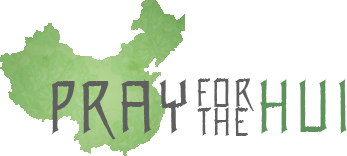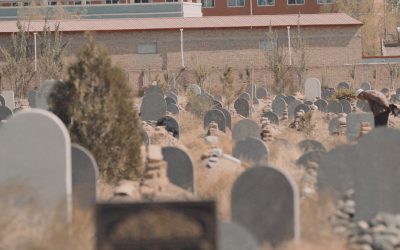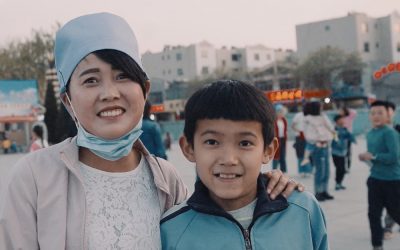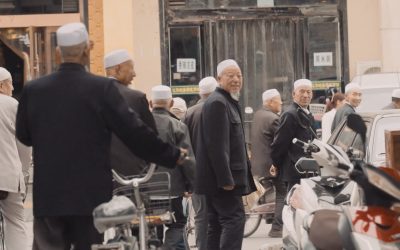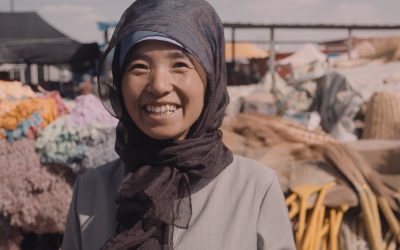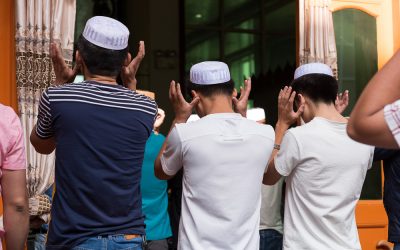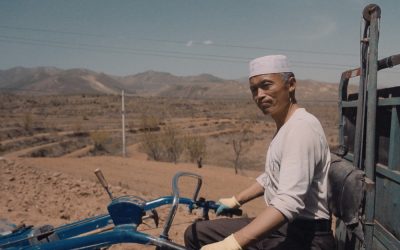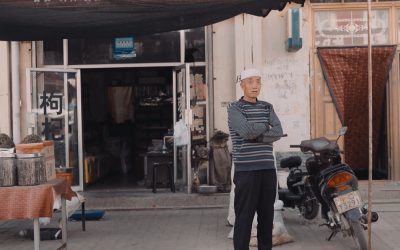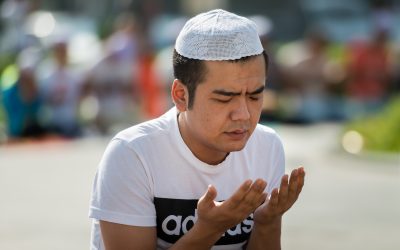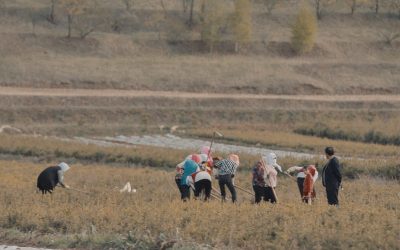The Hui
Oh sing to the LORD a new song; sing to the LORD, all the earth! Sing to the LORD, bless his name; tell of his salvation from day to day. Declare his glory among the nations, his marvelous works among all the peoples! For great is the LORD, and greatly to be praised; he is to be feared above all gods.
Psalm 96:1-4
The Basics:
The Hui, made up of about 14 million people, are the largest and most widespread of China’s Muslim nationalities. They also comprise the third largest minority group in China. Remarkably, Hui live in 2,310 of China’s 2,369 counties and municipalities. Small pockets also live in Taiwan, Myanmar, Thailand, Kyrgyzstan, Kazakhstan and Mongolia. Only .01% of them know Christ!
Their Beliefs:
To be Hui is to be Muslim – it is the core of who they are. Even if they don’t fully understand it, or even follow it the same as some other countries do, it has been hidden deep inside of them from the time they were very young. For the Hui, Islam is more than just a set of religious beliefs – it is a total way of life.
Their Culture:
The Hui are some of the most hospitable people you will ever meet. Some of this comes from just being Chinese, and the rest of it comes from just being Hui. Either way – you never want to visit the Hui on a full stomach! Many of the Hui own restaurants. You can find them in cities all over China and they serve some of the best food you will ever eat. As you walk down the street, you can often recognize the men by their prayer caps and the women by their head scarves. Hui with other Hui are like family. Even if they are strangers, you would never know.
Their Language:
Mandarin Chinese is the heart language of the Hui in both spoken and written. But the spiritual language of the Hui is a mixture of Arabic and Persian.
Their History:
The Hui are descendants of Muslim traders, soldiers and officials who came to China between the 7th and 14th centuries. They settled and intermarried with Arab Muslims and Han Chinese.
The Situation:
Although there are around 14 million Hui scattered throughout China, very few (including the Chinese church) are intentionally planting their lives among the Hui to tell them about Christ. It is estimated that every five minutes one Hui person dies. Currently, more Hui people are dying daily than are hearing the gospel. The Hui are in desperate need of more laborers to boldly proclaim the gospel and reap the harvest that God has prepared.
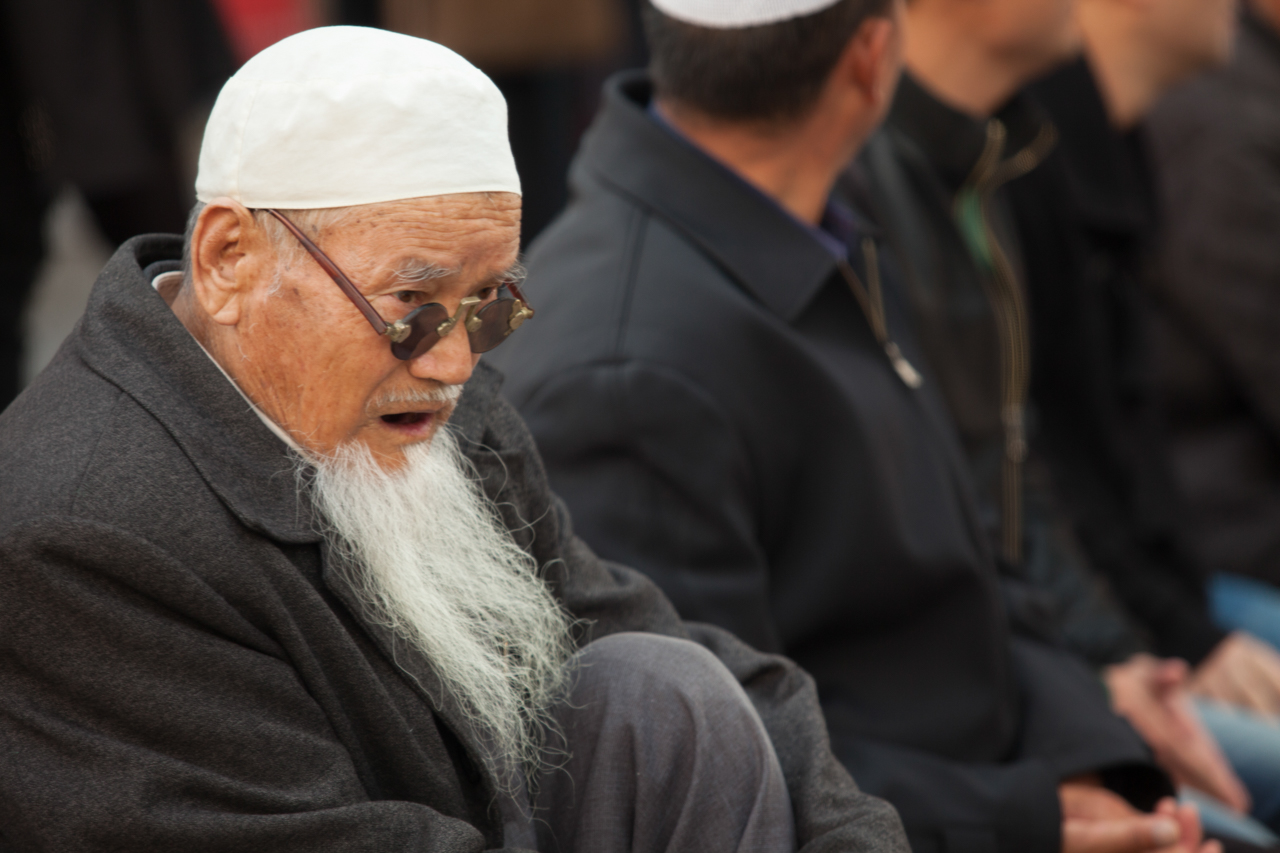
Hui People
%
Muslim
- Christian .01%
Day 19 – A daily reminder I don’t have much longer to live
I walk through this cemetery every day as I go to the mosque. It sits between my house and the mosque. I have many family buried here, including my grandparents, parents, and some brothers and sisters. It is a daily reminder I don’t have much longer to live. I worry about what may be next. Where will I go? I burn incense sometimes on the graves of family members and respected former imams hoping that they can help me when I die. I faithfully pray 5 times a day and try and follow all the rules. I hope I have done more good than bad so I can go to heaven.
Day 18 – The financial burden of caring for parents and grandparents as they age
I am a young Hui woman living in the city, and this is my son. I grew up in the village, but my husband and I have moved to the city to work and give our son better opportunities. When we moved, we borrowed money from our friends and family to open up a noodle shop. Most days business is just so so. We work from early in the morning until late at night, trying to earn enough money to pay our rent and meet our needs. We are not only responsible for meeting the needs of our immediate family, but we also financially care for my parents and my husbands parents, who are in poor health and remain in the village we grew up in.
Day 17 – My daily life revolves around the mosque
My friends and I are leaving the mosque. We just finished our afternoon prayer time. Most of us have worshipped together at this mosque our entire lives. I remember when this mosque was surrounded by fields and now it sits in the center of a large city. At my age, my daily life revolves around the mosque. I try to go five times a day when I am healthy. I spend most of my time with family or talking and playing games with these other guys. All of the families connected to the mosque are like one big family.
Day 16 – If I choose to believe will they love me anymore?
I am from a small village, and my family is very set in their ways. My parents have worked very hard to provide for me and my brother. Life in my hometown is very difficult, and it is very different from here at school. In my hometown, many people are Hui, just like my family. At college there are other religions. I have started hearing about this man named Jesus who died for me. I have even spent some time studying the Holy Bible.
Day 15 – Struggling to follow Jesus in a Muslim family
I grew up in a single family home. My dad is Han, and my mom is Hui. My dad has always lived about 2000 miles away from me. My mom and her family raised me to be Hui and Muslim. My mom had to work all the time. Sometimes she was not able to pick me up from school, help me with homework, or feed me. A Christian family volunteered to help me. Sometimes they would teach my mom and me about Jesus.
Day 14 – Farming and fasting during Ramadan
It may be Ramadan, but there is still a lot of work to do. The fields do not plant themselves. I have lived in this area for 55 years. My parents and grandparents worked this land before me. We have a mosque not far from the fields. I go as often as I can. I don’t understand the Arabic prayers or much of what the imam teaches. I am just doing what my ancestors have always done. We are Muslims, so we go to the mosque. We fast during Ramadan. We give to help the poor. This is the only way for me.
Day 13 – No time to go to the mosque. I have to work.
This is my shop. I sell tea here in the market. I don’t sell very much every day, but I sell enough to get by. Tea is an important part of our culture, and we drink lots of tea. But our village is poor, so few families can afford the more expensive tea leaves. I work mostly by myself. I cannot afford to hire any help. I rarely am able to leave my shop. I am not able to visit the mosque often. I think Allah will understand I have to work.
Day 12 – The challenge of following workplace rules and Islam
I am a thirty-year-old Hui man. I was born in a poor, small village. My parents pushed me to do well in school when I was younger. Because of my hard work and good grades, I was able to go to Beijing for University. This was a great privilege for me, since many Hui people where I am from do not have these kinds of opportunities. After I graduated I remained in Beijing to work for a few years. Although I liked the worldview I gained from this experience, the big city was a little too much for me.
Day 11 – Living in physical and spiritual poverty
My family and I work the fields from sunup to sundown. It’s hard, exhausting work, but we have no other way to support ourselves. The place where we live is very poor. I’ve heard it’s one of the poorest places in the country. And it’s dry here—very, very dry. Some seasons there is enough rain to produce a small harvest, but sometimes we lose everything to the hot, scorching sun.
Pray for the Hui
- Pray for laborers called by God to reach the Hui – laborers from other countries as well as Chinese Christians currently living among the Hui.
Thank God for ongoing gospel proclamation efforts among the Hui. Pray that effective strategies can be identified and implemented to make Christ’s love known to the Hui.
Pray for God to tear down the barriers that keep the Hui from hearing the Good News of Jesus’ forgiveness and love.
- Pray that Hui believers will gather together and form churches that will multiply.
- Pray for followers of Jesus to boldly proclaim the gospel to the Hui, believing that God is at work among them.
